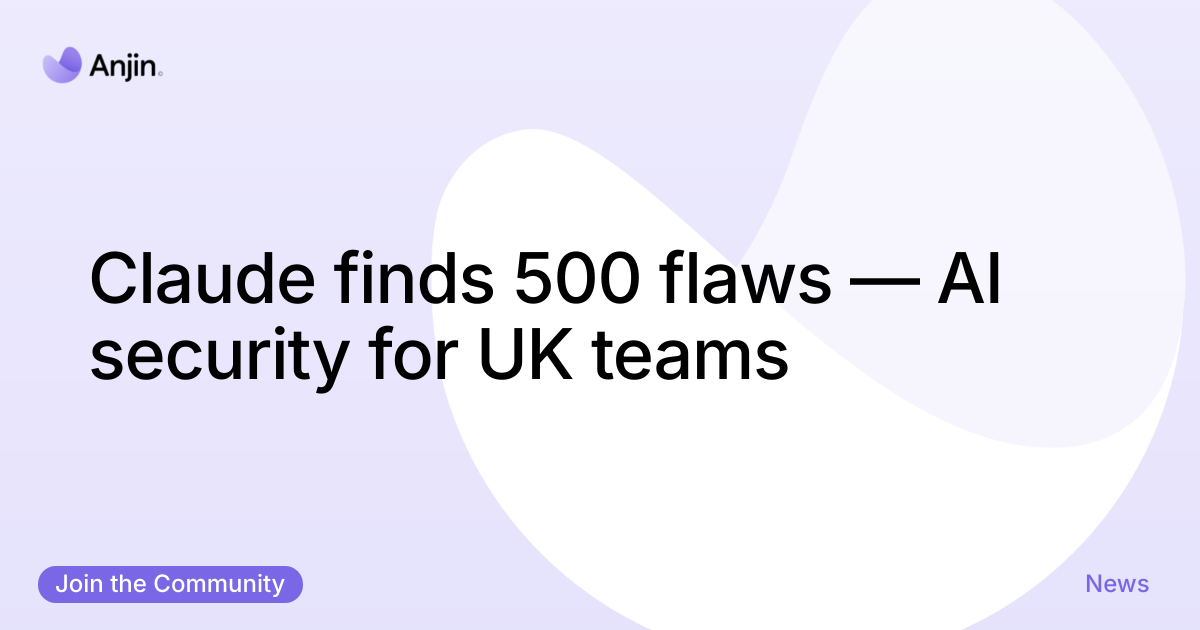1. The On-Air Outburst That Lit the Fuse
Sir Elton John’s comments came during an interview on BBC Radio 4’s Today programme, where he condemned the UK’s proposed copyright exemption that would allow AI developers to scrape and learn from music, text and imagery without a licence. "It’s criminal," he said, warning that young creators could lose vital income and asserting that he would support legal action if the government proceeds with the plan.
2. What the Draft Policy Proposes
Under the UK’s current proposal, AI model developers would be permitted to use copyrighted material for training purposes without acquiring a licence—unless rightsholders actively opt out. This approach is a continuation of a text and data mining (TDM) exception outlined in a 2022 consultation led by the Department for Science, Innovation and Technology (DSIT).
Critically, the opt-out model shifts the burden onto creators to prevent their content being used, as opposed to a permission-based system favoured in the EU.
3. What This Means for the Creator Economy
The proposal has sparked backlash from major rights groups including the PRS for Music and the British Phonographic Industry (BPI). According to PRS, UK music exports contribute over £700 million annually, much of it reliant on robust IP protections. If AI tools are allowed to indiscriminately mine this content, creators risk losing both visibility and licensing revenue.
This policy could also undermine the UK’s status as a global hub for music, publishing, and visual media—especially at a time when the EU’s AI Act is raising the bar on transparency and consent.
4. The Start-Up Perspective: Opportunity or Red Flag?
While some UK tech founders view the exemption as a way to level the playing field with US giants like OpenAI and Anthropic, others are more cautious. The lack of legal clarity could introduce downstream risk: models trained on unlicensed data might later be subject to copyright lawsuits once commercialised or embedded in enterprise systems.
For start-ups offering AI-generated marketing assets, training data provenance is becoming a core differentiator. Without clear rights clearance, downstream clients may hesitate to buy or deploy such models at scale.
5. Global Contrast: UK vs EU vs US
The EU’s AI Act, passed in 2024, requires foundation model providers to disclose training data sources and grant creators the ability to opt-out before content is used. The US, while less regulated, has already seen high-profile lawsuits from artists, writers and coders over unauthorised data usage.
If the UK pushes forward with a no-licence regime, it risks isolation in global AI governance—potentially complicating cross-border AI partnerships and investor confidence.
6. Timeline & What Comes Next
The Department for Culture, Media and Sport (DCMS) is expected to publish its full consultation results and legislative direction in Q3 2025. Several advocacy groups, including UK Music and the Alliance for IP, are preparing to challenge the proposal in court if it moves forward unchanged.
What Creators & Start-Ups Should Do Now
- Creators: Register work with appropriate rights management bodies and monitor for unauthorised use in datasets.
- Start-Ups: Document data sourcing clearly, avoid grey-market datasets, and stay informed on global regulation shifts.
- Enterprises: Audit suppliers and models for copyright risk, especially when embedding AI tools in commercial workflows.
Final Thought
Sir Elton John’s outcry may have set the tone, but the deeper issue is about economic fairness and legal clarity in a new era of machine-generated creativity. Whether the UK chooses to empower its creators or risk undermining them will send a signal far beyond Westminster. For AI start-ups and enterprise adopters, this debate is more than philosophical—it’s structural.
Anjin Digital helps brands and builders stay ahead of the shifting AI landscape—offering tools and strategies built with transparency, compliance and performance at the core.





